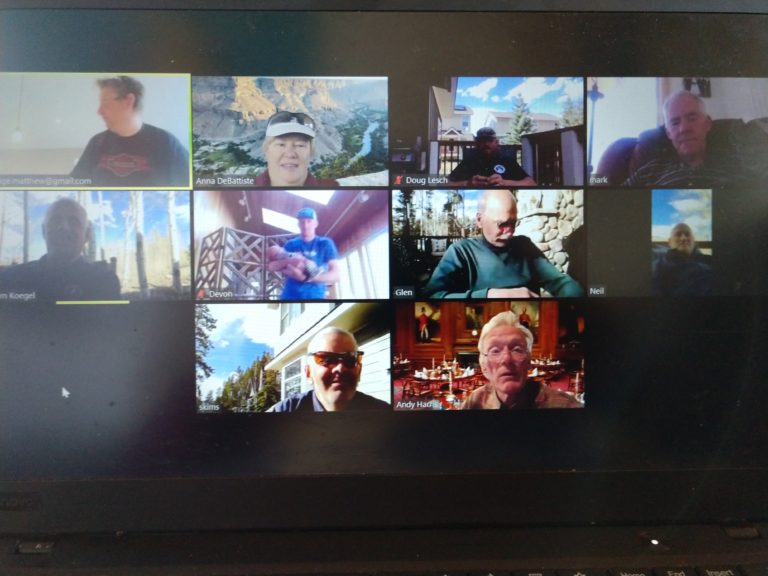During a board meeting of a non-profit rescue group I volunteer for, one of our incident commanders requested money for leadership training. “We spend thousands on field skills training for our members,” he pointed out, “but our mission coordinators have never had any kind of training in how to be better at communication skills, managing resources, making decisions and leading our volunteers.”
The debate that followed was frustrating, and alas, entirely predictable. People said things like, “Back in my corporate days we had to undergo that kind of training all the time, and it never produced any results.” Of course, these types of statements were always preceeded by, “no offense to Anna”, since they know what I do for a living. The people making these statements were people whom I call “the party of no” on our team; folks who are resistant to change, to new ideas, to feedback, and to projects they see as frivolous. It’s hard not to react to such discussion by pointing out that leadership training can’t have an impact when minds are closed and participants are completely unwilling to learn about themselves or change behavior.
But I also recognize that the problem has more to do with mental models and the language we use to describe things than it does with individuals. A few days ago, a lively discussion began on a Linkedin group for learning professionals. The discussion was entitled, “Can we please stop calling things like customer service skills, sales skills, emotional intelligence, etc. “soft” skills?” As of this morning it had already attracted 53 enthusiastic commenters, nearly all of them in agreement with the premise. Some good suggestions were made, such as renaming these skills “business skills” or “professional skills”.
Reading Peter Senge’s The Dance of Change, I came across this quote from Philip Carroll in a discussion of creating a learning organization at Shell Oil in the mid-nineties: “I hesitate to use the word ‘training’ in this context. Training takes place through repetition and manuipulation; people can be trained to build computer programs and run seismic records, but not to deal with completely unpredictable circumstances. Thus, we have tried to foster learning instead of training.”
The problem is not just the language we use to describe the skills, but the very terms we use to describe the process of acquiring them. And the discouraging point is that this discussion has been around for 15 years already. What does it take to change the paradigm? I’d love to hear any success stories you might have from your organization.

1 Comment
I agree wholeheartedly that ‘soft skills’ needs a new name. I call them people-skills because they all involve interacting with others and/or developing your own self. Professional people-skills brings an even higher expectation of quality.
The extra advantage is that the name no longer is defined by a reference to something else. It stands on its own.
Thanks for speaking out on this issue and training for people-skills. I have several “people-skills” posts for you and your readers at http://katenasser.com/articles.